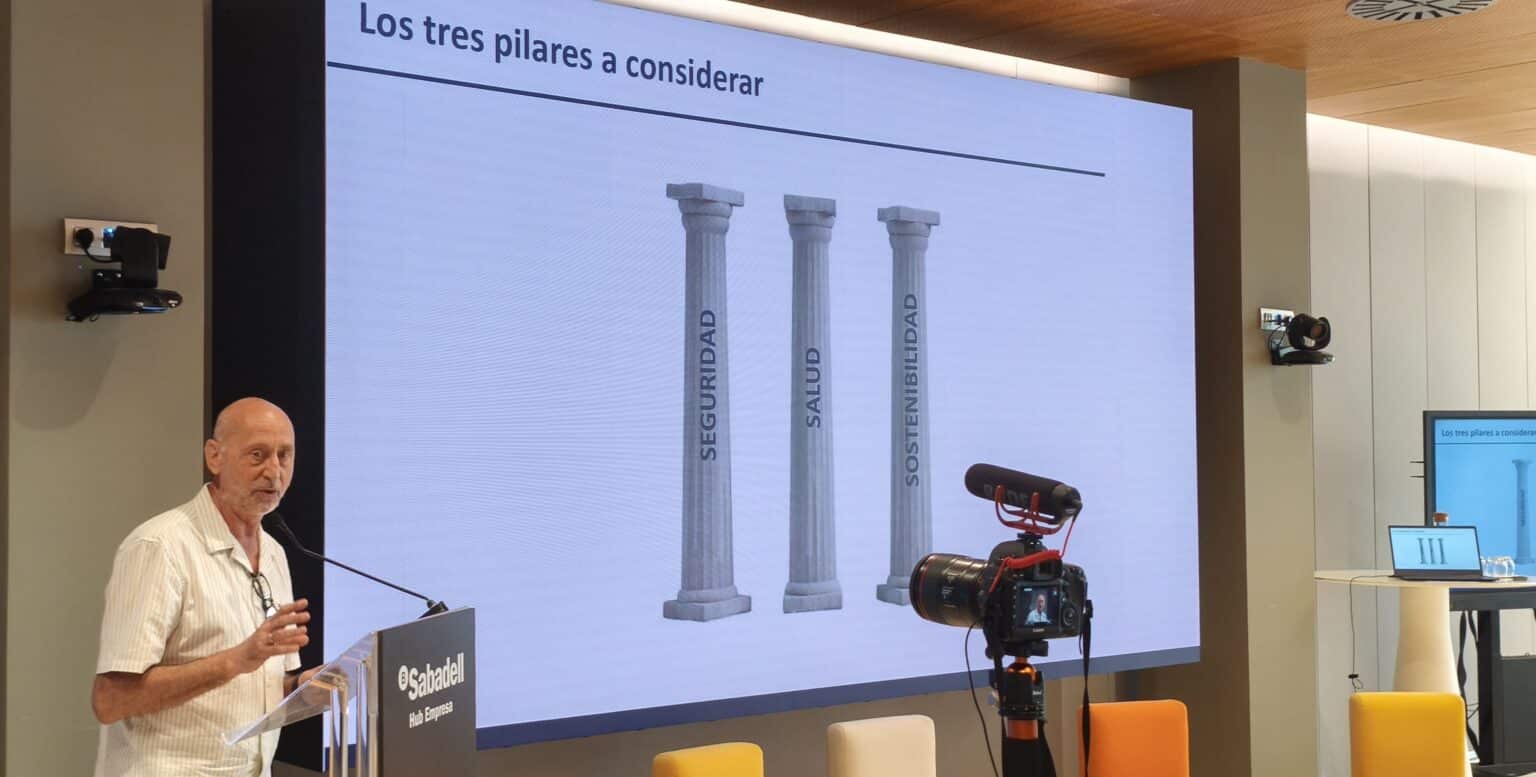Here’s the translation into American English:
—
The campaign “If I Don’t Produce, You Don’t Eat” held the event “Sine cooperatives nihil,” where notable experts from the agri-food sector emphasized the essential role of cooperatives in food production. This event, inaugurated by Antonio Morante, Director of the Agricultural Segment at Sabadell, alongside Cirilo Arnandis, President of Cooperatives Agro-alimentàries of the Valencian Community, and Vicente Tejedo, Secretary of Agriculture, focused on how these entities not only generate stable employment but also act as engines of innovation and social cohesion in rural areas.
During the event, Arnandis highlighted that cooperatives facilitate the integration of supply and optimize the marketing of their members’ products. In this way, they contribute to a more equitable distribution of added value in the production chain. Tejedo emphasized the need to protect the agri-food sector, reminding everyone that the production of farmers, ranchers, and fishermen is fundamental for food existence. He also called for fostering joint innovation to improve the sector’s competitiveness.
The event included a presentation by Daniel Ramón, a researcher at Cardenal Herrera University (CEU), who addressed sustainable innovation as a crucial tool in facing the challenges confronting the agri-food sector. Ramón warned that despite the strength of the sector in Europe, regulatory obstacles limit innovation, in contrast to countries like China, where investments in research are on the rise.
A roundtable titled “Innovation and Sustainability in Action” allowed several experts and representatives from relevant organizations to discuss the need to incorporate sustainability and innovation as fundamental pillars for the future of the agri-food sector. In this regard, the contribution of cooperatives to production and land preservation was highlighted.
Attendees agreed on the importance of promoting quality and territorial identity through collaboration among producers and other entities in the sector. There was also discussion about incorporating sustainability throughout the entire value chain, using clear indicators to measure its real impact.
Finally, it was concluded that the future of the agri-food sector depends on establishing strategic alliances between cooperatives, research centers, and public administrations, both locally and internationally. The goal is to create a competitive, resilient system committed to sustainable development. Currently, 57 organizations support this initiative, underscoring the relevance of collaboration among various stakeholders to address the sector’s challenges.
Referrer: MiMub in Spanish











